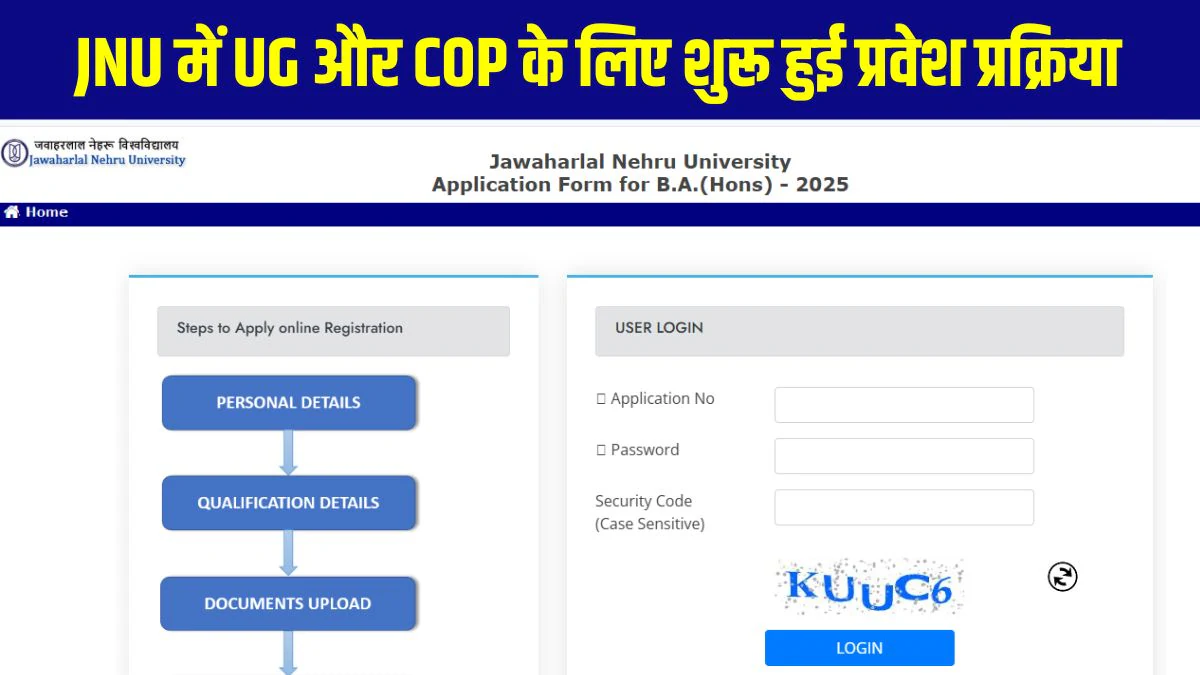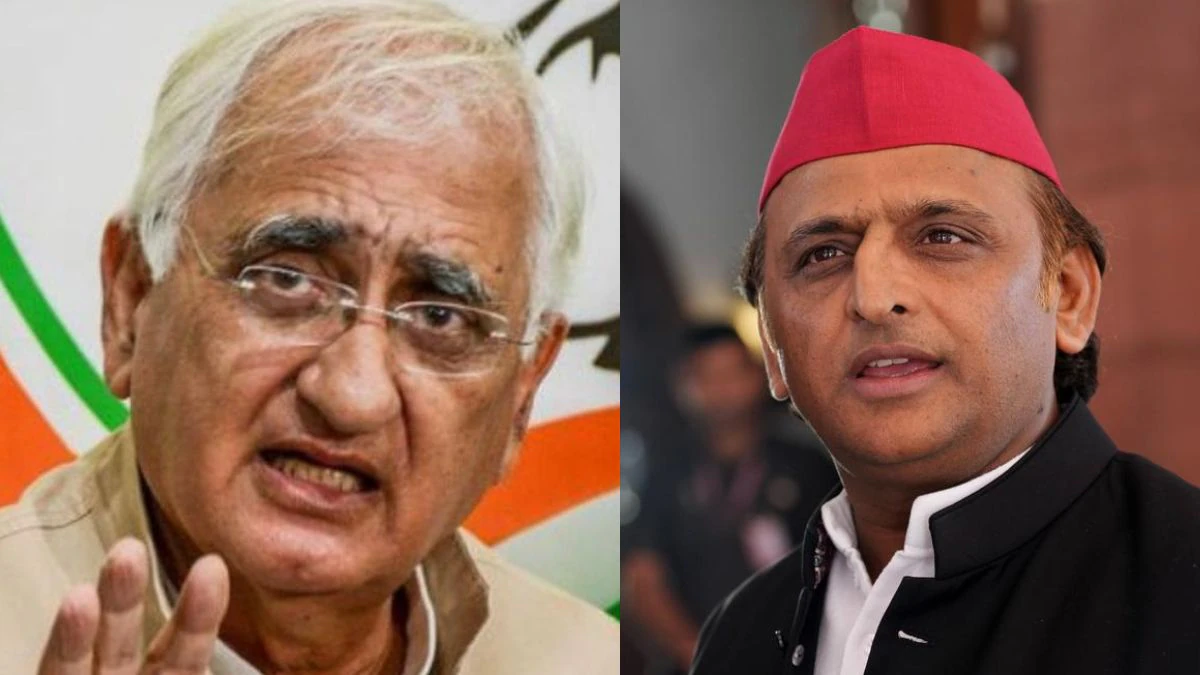In a recent decision, the Supreme Court held that CBI does not require the sanction of a state government to register a case under a Central legislation like the Prevention of Corruption Act against a Central government employee working within the territory of the state concerned.
A bench of Justices C T Ravikumar and Rajesh Bindal said this while setting aside the April 13, 2023, judgment of the Andhra Pradesh High Court which quashed two FIRs — one against a Superintendent, Central Excise, and another against an Accounts Assistant in the office of Senior Divisional Financial Manager, South Central Railway — on the ground that the Telangana government had not granted sanction to prosecute them.
The alleged offence was committed in districts which remained with Andhra Pradesh while the FIR were registered at Hyderabad in Telangana. The duo challenged the FIRs before the Andhra Pradesh HC, contending that under the Delhi Special Police Establishment Act, 1946 (DSPE Act), sanction of the AP government was needed to investigate as the offences had happened within its territory. The HC considered the fact that after the A.P. Reorganisation Act came into force on June 2, 2024, general consent was given only by Andhra Pradesh and concluded that as on the date of registration of the FIRs, there was no power vested with the CBI in Telangana and also to conduct investigation thereon.
The SC, however, noted that even before the bifurcation, the undivided state of AP had given general consent to CBI to probe cases. It held that the HC’s view that laws made by AP prior to bifurcation would pertain only to Andhra Pradesh post bifurcation “cannot be the correct law and the legal fiction should be that such laws would be in force in the new State unless altered or repealed or amended by it, in accordance with law”. The judgment said that ‘irrespective of the place of posting,” the accused duo “were Central Government employees and allegedly committed serious offence under PC Act, which is a Central Act” and “therefore the question is in such circumstances merely because such an employee works within the territory of a particular State, to register an FIR by the CBI in connection with commission of an offence under a Central Act whether consent from the state concerned is required or not?” The bench said that this was answered by the SC in its decisions in other cases.
Stay informed with access to our award-winning journalism.
Avoid misinformation with trusted, accurate reporting.
Make smarter decisions with insights that matter.



















